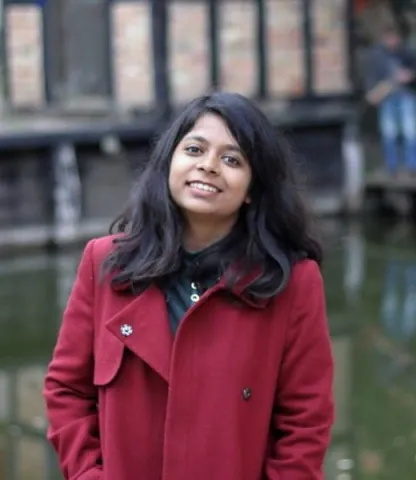Project overview
This project explores the dynamic intersections of heritage, borders, and diaspora,
focusing on their roles in shaping geopolitical and cultural landscapes within Eurasian contact zones. Building on the findings of a Pilot study, it employs the concept of Heritage-Border Complexes (HBCs) as an analytical framework to examine how heritage and borders are co-constituted through processes of state strategy, cultural narrative-building, territorial claims, and situated responses. The study is divided into three work packages (WPs) that investigate specific case studies related to geopolitical dynamics, transnational heritage management, and diasporic cultural diplomacy.
WP1 addresses the role of heritage in geopolitical competition in such regions as the South Caucasus and Central Asia, focusing on how states such as Iran and Turkey leverage heritage to construct civilisational narratives and expand or exert influence.
WP2 explores the operational challenges of managing transnational heritage at UNESCO World Heritage Sites, examining how ontological ambiguities, institutional practices and situated responses shape heritage governance and experience.
WP3 delves into the role of diaspora communities in transnational cultural diplomacy, with a focus on how networks such asthe Indian diaspora in the UK contribute to heritage preservation and diplomatic influence.
focusing on their roles in shaping geopolitical and cultural landscapes within Eurasian contact zones. Building on the findings of a Pilot study, it employs the concept of Heritage-Border Complexes (HBCs) as an analytical framework to examine how heritage and borders are co-constituted through processes of state strategy, cultural narrative-building, territorial claims, and situated responses. The study is divided into three work packages (WPs) that investigate specific case studies related to geopolitical dynamics, transnational heritage management, and diasporic cultural diplomacy.
WP1 addresses the role of heritage in geopolitical competition in such regions as the South Caucasus and Central Asia, focusing on how states such as Iran and Turkey leverage heritage to construct civilisational narratives and expand or exert influence.
WP2 explores the operational challenges of managing transnational heritage at UNESCO World Heritage Sites, examining how ontological ambiguities, institutional practices and situated responses shape heritage governance and experience.
WP3 delves into the role of diaspora communities in transnational cultural diplomacy, with a focus on how networks such asthe Indian diaspora in the UK contribute to heritage preservation and diplomatic influence.
